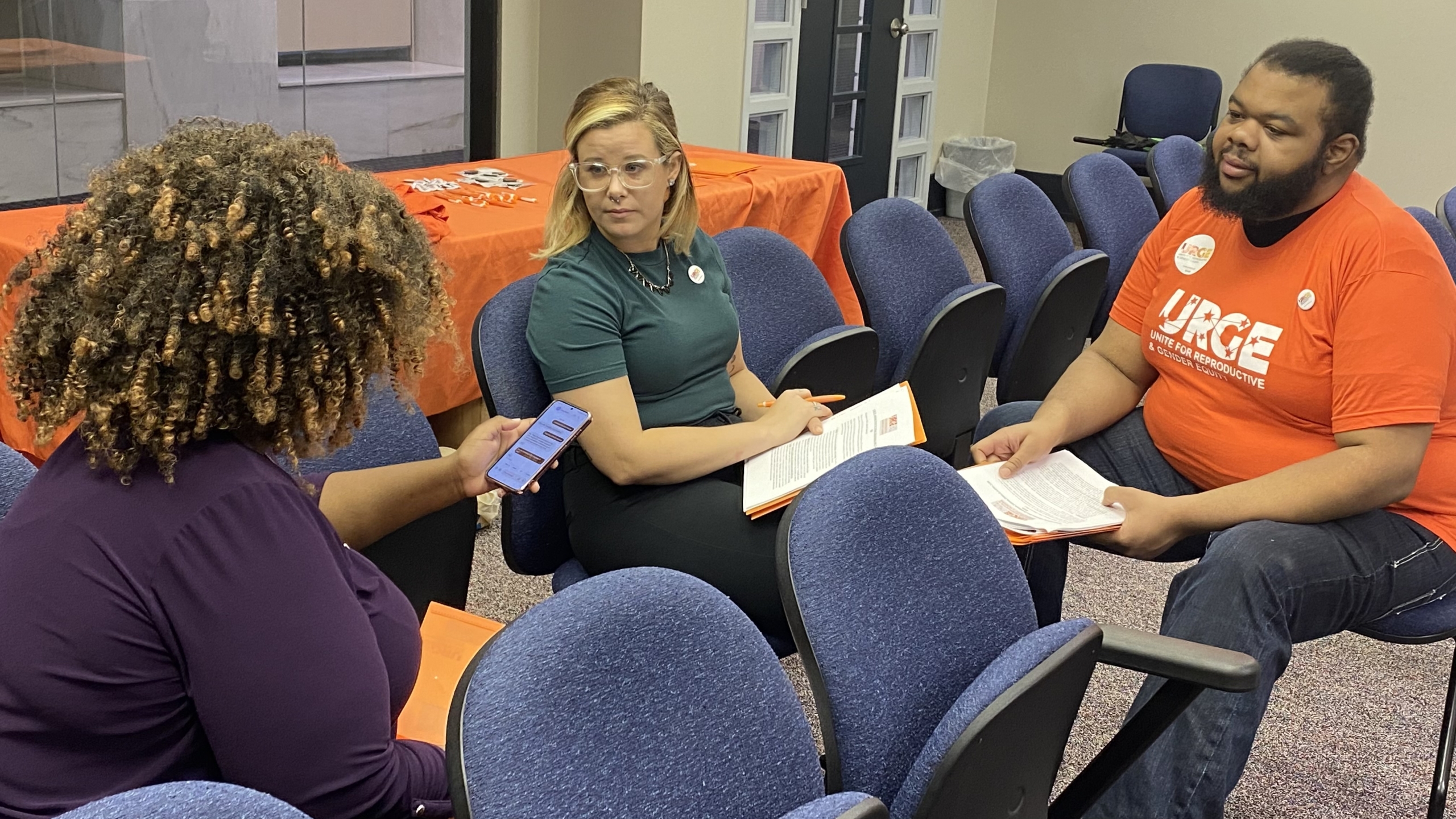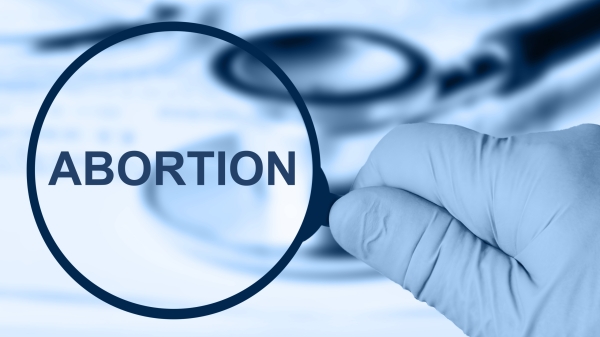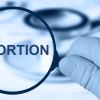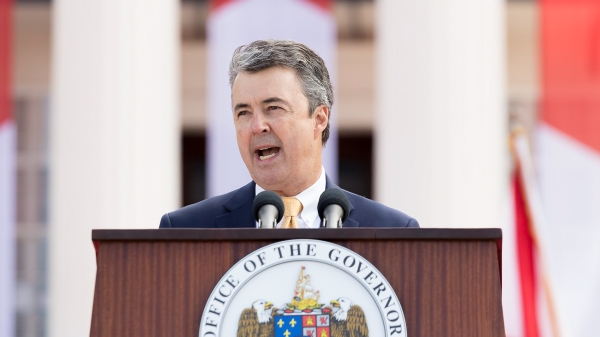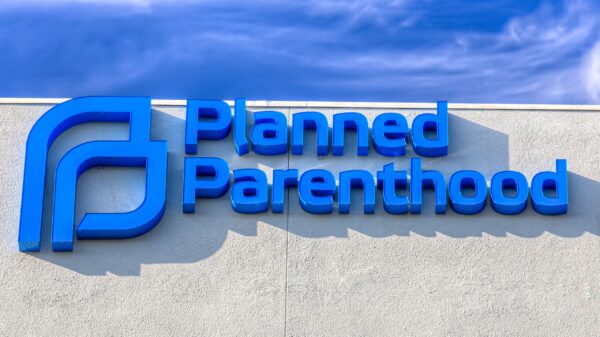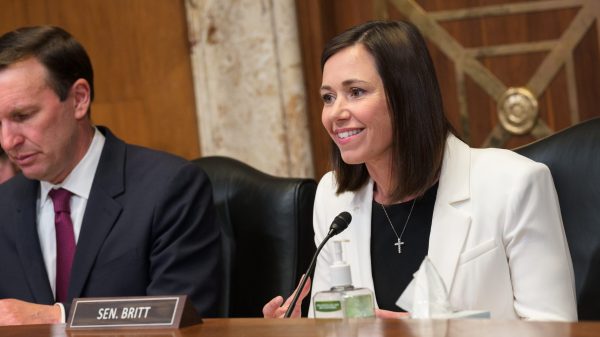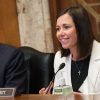|
Getting your Trinity Audio player ready...
|
Although surgical abortion is no longer legal in Alabama, advocates for abortion access are still lobbying for laws that ensure women are not criminalized for obtaining the procedure while opposing a law to support crisis pregnancy centers.
When Alabama passed legislation in 2019 making the performance or provision of an abortion a Class A Felony in almost all cases, it included language to specifically preclude the women receiving the abortion from being prosecuted under the law.
However, an older law on the books has caused concern that women could be charged with a Class A misdemeanor.
HB17 by Rep. Chris England, D-Tuscaloosa, would eliminate the older law in an effort to ensure women getting abortions aren’t criminalized.
“We think healthcare should be decriminalized,” said Courtney Roark, URGE Alabama policy and movement building director. “Criminalization creates a lack of access.”
The 2019 law outlaws abortion altogether, but in effect has only outlawed surgical abortions. Medical abortions can still be self-performed by women if the medications come from outside the state, since women can’t be prosecuted under that law. But Roark said there are concerns that women could be prosecuted under the misdemeanor law.
There is also an ongoing federal case over whether the drug used to induce abortions, Mifepristone, should continue to be allowed. For now, the courts are allowing the medicine to stay on the market, but there are fears that could soon change.
The other bill, HB208, by Rep. Jamie Kiel, R-Russellville, would allow a tax credit for contribution to a pregnancy resource center. Under the bill, an eligible pregnancy center is defined as a nonprofit organization that “offers services, at no cost to the client, for the express purpose of providing assistance to women in order to carry their pregnancy to term, encourage parenting or adoption, prevent abortion, and promote healthy childbirth; and utilizes trained and licensed medical professionals to perform any available medical procedures.”
Roark and other critics of such centers say they are often religiously affiliated and claim the centers mislead women to keep them from seeking abortions.
“Yellowhammer Fund opposes HB208 because anti-abortion centers are coercive, and their services are stigmatizing and harmful,” said Heidi Miller, development manager at Yellowhammer Fund. “Pregnant people and parents should be able to access basic necessities without fear of judgment or shame, and that’s why YHF provides supplies like diapers, wipes, household supplies and more via our Family Justice outreach.”
Neither bill appears to have been scheduled on a committee agenda at this time.







































